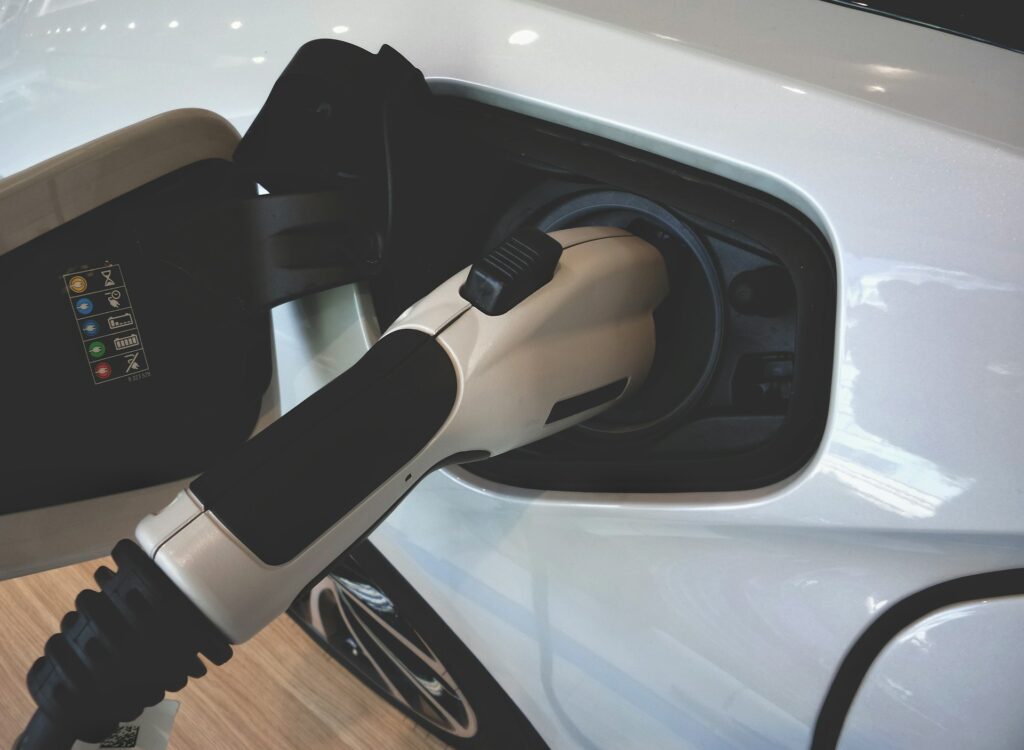Solar Battery Pros Cons and FAQs
In the realm of sustainable energy solutions, solar batteries are increasingly prominent as a reliable source for electrical backup. These systems store excess energy generated by solar panels for later use, providing homeowners and businesses a measure of independence from the utility grid. This article examines how solar batteries work, the types of batteries, pros and cons, suitable uses, how to compare them, and their associated costs.
TLDR on Solar Battery Storage
- How They Work: Store solar energy for use when panels aren’t producing electricity.
- Types: Lead-acid (high capacity, low cost), lithium-ion (compact, efficient, pricier), saltwater (eco-friendly, lower energy density).
- Pros:
- Energy independence from the grid.
- Maximized use of renewable solar energy.
- Potential long-term cost savings.
- Environmentally friendly, reducing carbon footprint.
- Cons:
- High initial costs and investment.
- Maintenance and potential need for periodic replacement.
- Physical space requirements.
- Complex installation needs.
- Ideal Users: Those in areas with frequent power outages, unstable grid conditions, or high solar gain.
- Not Ideal For: Low energy users, stable and cheap grid areas, or limited space properties.
How Do Solar Batteries Work?
Here is the most simplistic version of how a solar battery operates. Solar batteries work by storing energy produced by solar panels during the day. This energy is typically converted from direct current (DC) to alternating current (AC) by an inverter, making it usable for household appliances and lighting. When the solar panels are not producing electricity—such as during the night or on cloudy days—the stored energy in the batteries can be used to power your home or business.
Types of Solar Batteries
The three main types of solar batteries are lead-acid, lithium-ion, and saltwater. Lead-acid batteries, similar to those used in vehicles, are the most traditional and are known for their high capacity and lower upfront costs. Lithium-ion batteries are more compact, have a longer lifespan, and offer better efficiency but at a higher price point. Saltwater batteries are the newest on the market, offering an environmentally friendly option without heavy metals, though they generally have lower energy density.

Pros of Solar Batteries
Cons of Solar Batteries
- Energy Independence: Solar batteries reduce reliance on the grid, providing energy security especially in areas prone to outages.
- Renewable Energy Utilization: They maximize the use of solar energy, ensuring that none goes to waste.
- Cost Savings: Over time, using stored solar energy can reduce electricity bills, as less energy is purchased from the grid.
- Environmentally Friendly: Solar batteries support a reduced carbon footprint by utilizing clean, renewable energy.
- High Initial Investment: The upfront cost of solar batteries can be quite high, making it a significant initial investment.
- Maintenance and Replacement: Depending on the type of battery, maintenance might be required, and replacements are needed every 5-15 years depending on usage.
- Space Requirements: Batteries require physical space, which might be a constraint for some properties.
- Complex Installation and Configuration: Proper installation and integration into existing solar systems can be complex and typically require professional assistance.
Who Are Solar Batteries Ideal For?
Solar batteries make sense for individuals living in areas with frequent power outages or unstable grid conditions, those looking to maximize the use of renewable energy in their homes, and anyone aiming to reduce their carbon footprint and electricity costs over the long term. They are particularly beneficial for homes located in remote areas where grid access is unreliable or expensive.
Who Should Avoid Solar Batteries?
Individuals or businesses that have minimal energy needs, those in areas with stable and cheap grid power, or properties without adequate space might find that the high initial cost and upkeep of solar batteries do not provide sufficient benefits.
Comparing Solar Batteries
When comparing solar batteries, consider the following factors:
- Capacity and Power: Determines how much energy can be stored and how much can be output at any given time.
- Depth of Discharge (DoD): The percentage of the battery’s energy that has been used. Higher DoD typically means you can use more of your battery’s capacity.
- Efficiency: How much energy put into the battery can actually be used after storage.
- Lifespan: Measured in cycles or years, indicating how long the battery will last before it needs replacing.

Common Brands and Costs
Prominent brands in the solar battery market include Tesla (Powerwall), Enphase (IQ), and Franklin (WH). The cost of solar batteries can vary significantly, generally ranging from $12,000 to $18,000, depending on capacity and brand. Installation and additional equipment may add to the initial investment.
To Charge or Not?
Solar batteries present a promising solution for those seeking energy independence and environmental sustainability. However, the decision to invest in a solar battery system should be based on a thorough evaluation of one’s energy needs, financial capabilities, and the specific characteristics of the property where it will be installed. As technology progresses and costs decrease, solar batteries are likely to become an increasingly attractive option for a wider range of consumers. If you’d like to add a battery or need help deciding we’re here to help.


